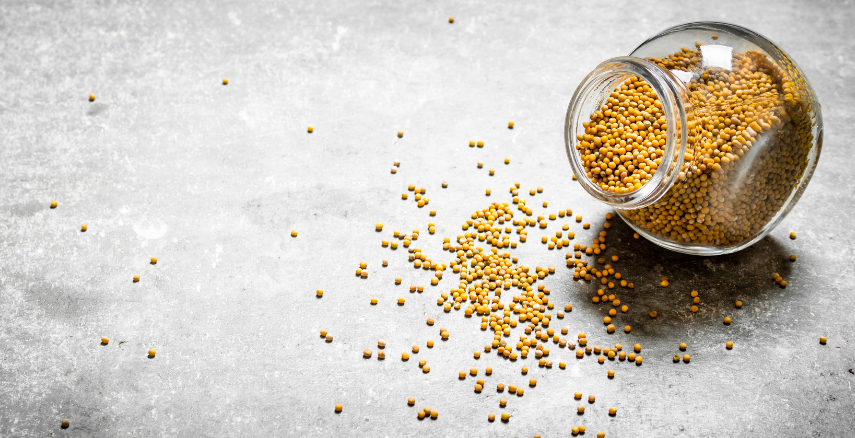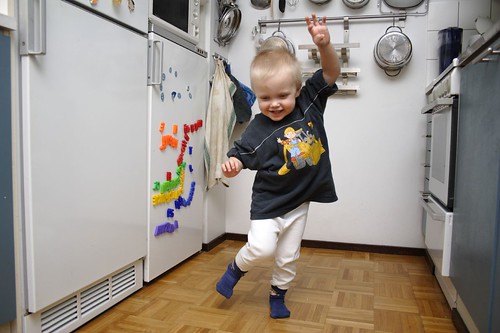The first restaurant I worked in was an American-style family restaurant – pretty exotic for the southwest coast of Scotland in the 80s, a place festooned with fish’n’chip shops, where ‘chicken tenders’ sounded like a new language.
One of my jobs was to set out bowls of condiments before the customers came in…and not just salt, pepper, vinegar, and the two sauces known to us (red and brown), but things like ‘hamburger relish (it was green! Who had ever heard of such a thing?!) and three types of mustard: one classic yellow, one fancy ‘Dijon’, and one totally alien grainy concoction that I fell in love with.
Tonight, I opened a jar of that grainy mustard and its tangy smell transported me back 38 years, to the service corridor between the kitchen and dining room of my first job, when mustard was an exotic new experience.
It reminded me of a truth in writing: we spend so much time in our own heads that we take for granted the way we think, the way we talk, and the way we write.
Sometimes, when we show our work to someone else they are thrilled by a throwaway phrase or a description that took no effort at all…because it’s normal to you.
Sometimes we need other writers to push us to try the mustard, when we’re accustomed to always reaching for the salt and vinegar.
And yes, this is my fancy way of letting you know that Critique Week is coming up, and that if you would like to get some fresh eyes on your writing you should consider joining us.
But more than that, it’s my way of encouraging you not to take your own writing for granted. It might be the new flavor someone else is looking for!
Keep writing,
Julie
P. S. I’ll be opening up registration for this round of Critique week, soon. Get on the waitlist here.


